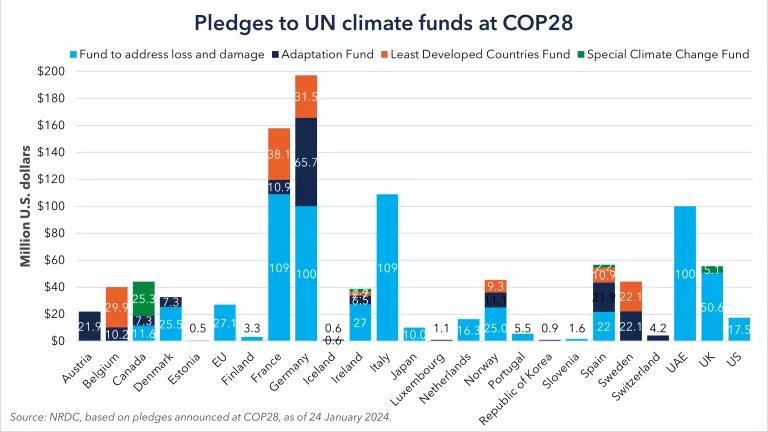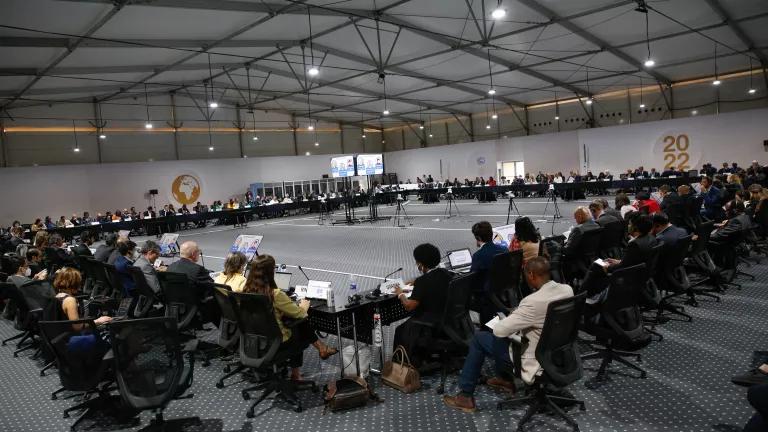Latin America Green News: renewables bill in Chile moving forward, Costa Rica markets carbon, high cost of climate change in Mexico
Latin America Green News is a selection of weekly news highlights about environmental and energy issues in Latin America.
May 20 – 24, 2013
Chile
President Piñera gave his fourth and final national annual address on the 21st of May, and his comments on the environment and energy received mixed reviews. Somecriticized the president for failing to mention renewables, efficiency, or carbon emissions, and only focusing on the few major controversial government projects. Others noted that his administration has done little to protect the environment. (Futuro Renovable 5/22/2013, Santiago Times 5/22/2013)
After previously stating that it would not address the appeals in 2013 filed against the approval of the controversial HidroAysén project, Chile’s highest environmental administrative authority, the Committee of Ministers, reversed its position and announced that it will, in fact, make a decision this year. In response, opponents of the project, including members of Parliament and civil society, stated that they are confident thatthere are sufficient reasons to revoke HidroAysén’s permit. (Economía y Negocios 5/22/2013; Radio Bíobío 5/24/2013)
The Energy and Mining Commission in Chile’s Chamber of Deputies unanimously approved the bill mandating that 20% of Chile energy generation come from renewable sources by 2020. The Minister and Sub-Secretary of Energy were also present to emphasize the executive branch’s support for the initiative, although Minister Bunster expressed concern that the bill was “excessively ambitious” and could impact energy prices for Chileans. (Diario Financiero 5/22/2013)
Costa Rica
Carbon bonds in Costa Rica may be valued at $3, according to a new report by the UN Development Programme and the government’s Climate Change Directorate. Costa Rica’s local market for “Costa Rican Carbon Units” (UCC) launched in 2012. By 2021 residential demand for UCCs is expected to generate $783,978, commercial demand will generate $2,060,755 and agricultural demand $1,200,691. (El FInanciero 5/23/2013)
Two UN-supported projects in Costa Rica will promote low emission development in the housing, transportation and cattle-ranching sectors. The first project is focused on improving the measurement of emissions from cattle-ranching and transportation, the two main emission sources in the country. This data will be used to develop pilot mitigation strategies. The second project will provide technical advice and capacity-building to mitigate emissions from the cattle and housing sectors. (El FInanciero 5/23/2013)
Mexico
Climate change is costing Mexico approximately $6 billion dollars (75 billion pesos) annually due to an onslaught of hurricanes, cyclones, intense rains and droughts. This amount is higher than the annual budget of Mexico’s Environment Ministry. In the face of these high costs, the government’s climate strategy will focus on prevention - aiming for cities that are better adapted, pollution reductions and investments in green technology. The full climate strategy is expected to be revealed on June 5, World Environment Day and will include measures to deal with short-lived climate forcers like black carbon, ozone, and methane. (El Universal 5/19/2013 )
The Governor of Jalisco announced he will present a proposed State Law Against Climate Change that will be in line with the national climate law and will help promote state-level public policies for sustainable development. Among other things, the law would help coordinate actions between different municipal and state entities. (El Occidental 5/22/2013)
For more news on the issues we care about visit our Latin America News archive or read our other International blogs.
*updated version



